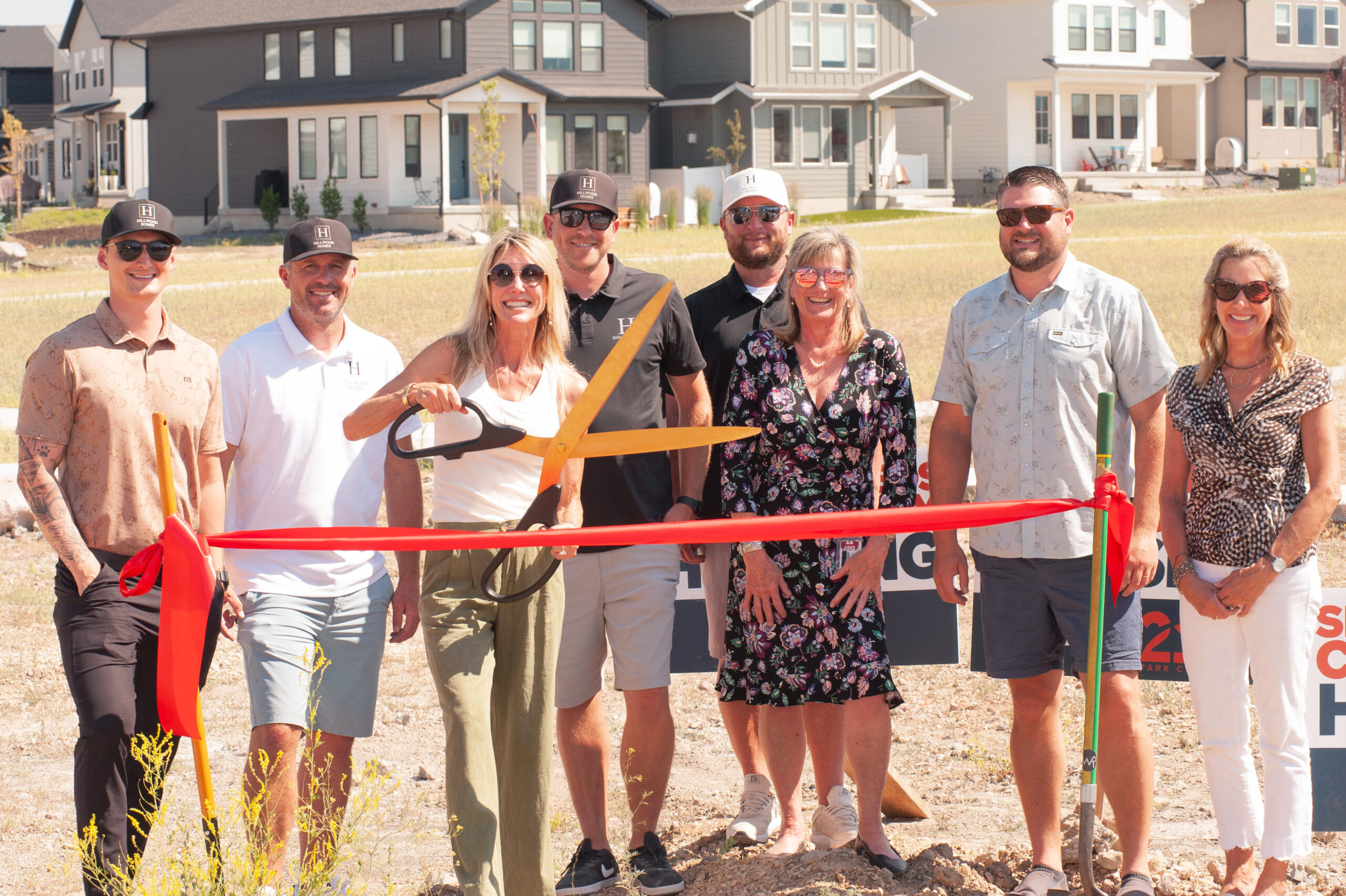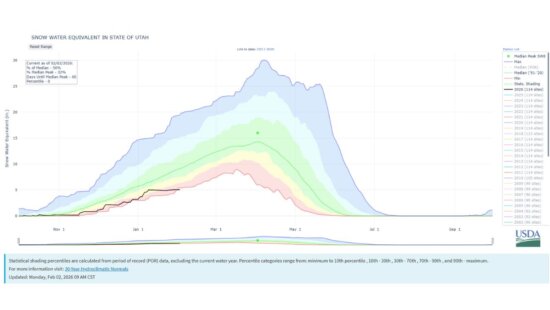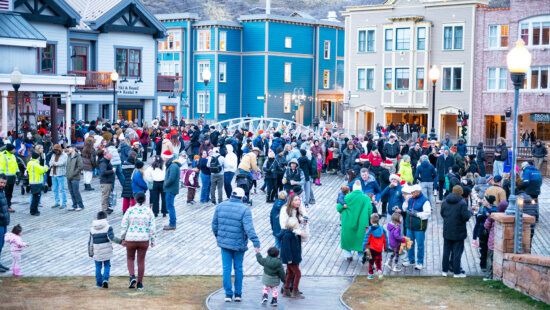News
Bridge21 Park City opens applications for Summit County’s first neuroinclusive housing
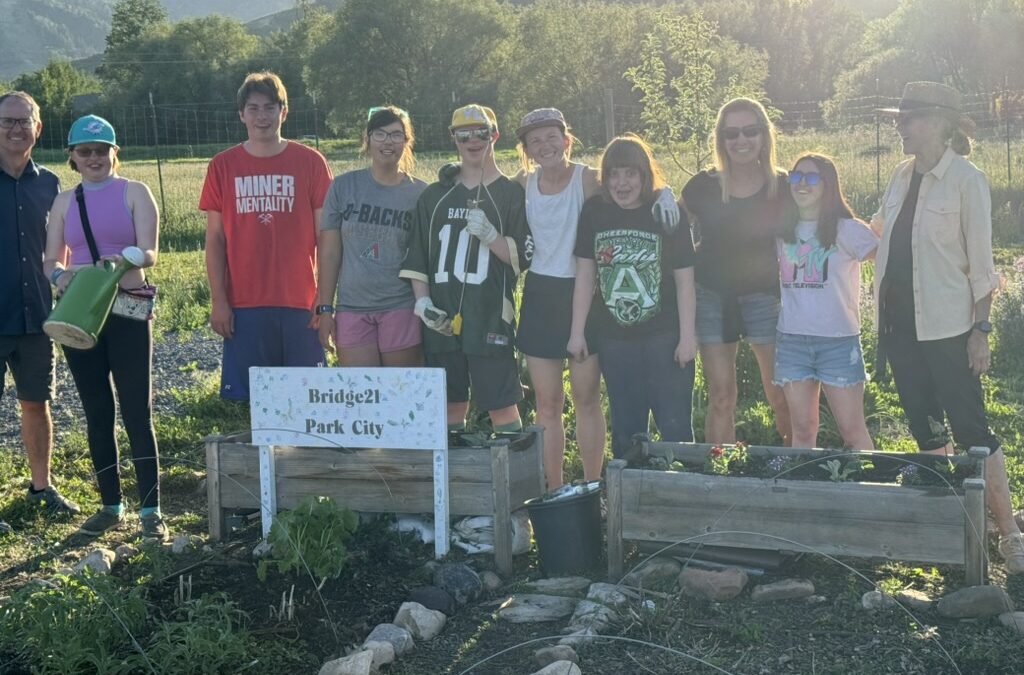
Photo: by Bridge21 Park City
The four-bedroom, four-bathroom home in Silver Creek Village is designed with the specific needs of neurodiverse individuals in mind, featuring smart home technology, a sensory room equipped with weighted blankets and rocking chairs, and cognitive accessibility modifications.
PARK CITY, Utah — Bridge21 Park City, a nonprofit organization dedicated to creating innovative independent living opportunities for the neurodiverse community, has announced it is now accepting applications for residency in Summit County’s first neuroinclusive housing. The pioneering initiative, which began as a grassroots effort in 2017, will culminate with the completion of its first house in Silver Creek Village this spring.
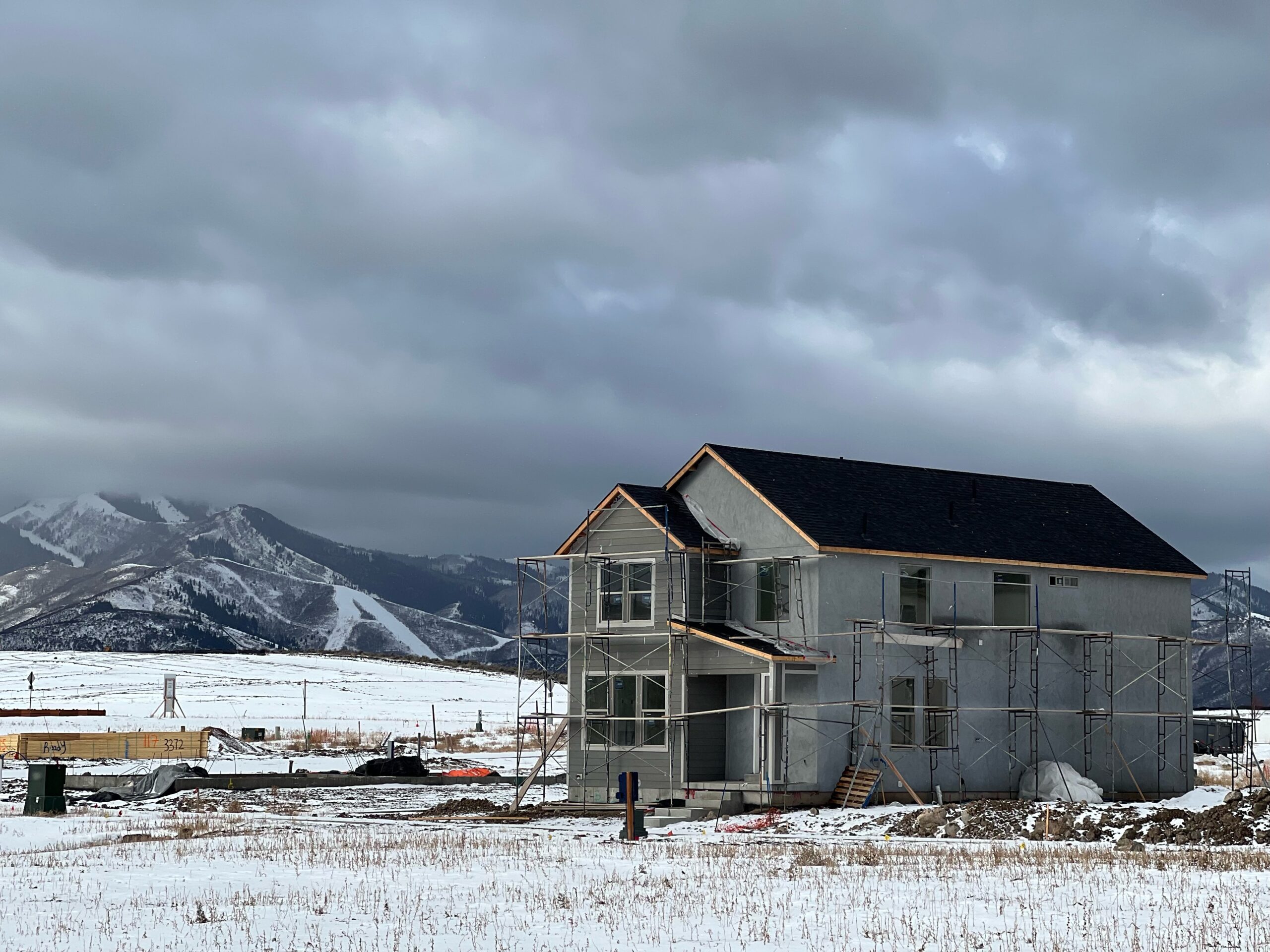
“We’re incredibly excited to be at this transition point after years of hard work,” said Stephanie Polikov, executive director of Bridge21. “Our mission has always been to create a sustainable community for individuals who often don’t have the opportunity to build it for themselves.”
The idea for Bridge21 emerged from discussions among a group of parents and professionals who identified critical gaps in resources for neurodiverse individuals transitioning to adulthood. “We started as a group meeting in boardrooms to explore what was needed,” said Wes Stout, board chair. “By 2020, we focused on housing, understanding that creating a physical space for independent living was the most urgent need.”
The four-bedroom, four-bathroom home in Silver Creek Village is designed with the specific needs of neurodiverse individuals in mind, featuring smart home technology, a sensory room equipped with weighted blankets and rocking chairs, and cognitive accessibility modifications. “Our goal is to create a home environment that fosters independence while providing the support residents need to thrive,” said Meredith Powell, program coordinator.
Polikov emphasized the importance of ensuring the house meets individual needs. “We plan to tailor the environment to each resident, whether that’s visual reminders, verbal prompts, or phone alerts,” she said. The organization will also provide programming to help residents develop life skills and foster community connections.
Addressing the pressing issue of loneliness, which affects individuals with autism at rates up to four times higher than the general population, Bridge21 is building a model that emphasizes communal living and community engagement. “Loneliness and isolation are at epidemic levels,” said Powell. “Our residents will live communally, contribute to the community through employment, and participate in hobbies and social activities to foster a sense of belonging.”
The nonprofit’s programming will include weekly group dinners, partnerships with local organizations like the National Ability Center, and opportunities for residents to engage in activities such as gardening, skiing, and attending local events. “We’re working to coordinate the kinds of things many people take for granted—whether it’s going to a dinner party or attending a church service,” Powell said.
Applications for residency will be accepted through Feb. 21, with the organization seeking adults over 21 with autism or developmental or intellectual disabilities who require mild to moderate support. Applicants will participate in independent living assessments conducted in partnership with the University of Utah’s Life Skills Clinic to determine compatibility and baseline needs.
Bridge21’s long-term vision extends beyond the first house. “This is just the start,” said Stout. “The location in Silver Creek Village allows us to expand, potentially adding up to four homes in the area. We’re also exploring opportunities across the Wasatch Back and in Salt Lake to create clusters of housing that can meet diverse needs.”
As the organization moves forward, community support remains essential. “We’re looking for volunteers to assist with programming, teach life skills, or even help furnish the house,” said Polikov. “People can also support us by donating through our website.”
Reflecting on the journey, Stout acknowledged the challenges and skepticism the team faced. “Many people told us this couldn’t be done in Park City because of the costs,” he said. “But we stuck with it, and now we’re showing it’s possible.”
For more information on Bridge21 or to apply for residency, visit bridge21parkcity.org.















